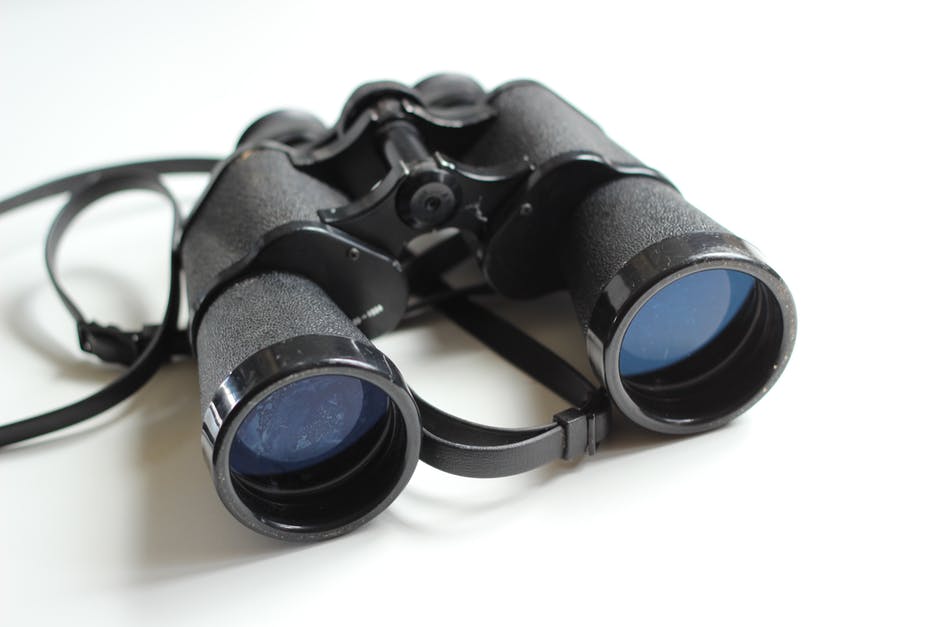While big data is empowering business decisions with information abundance, cyber espionage is on the rise too! Ever saw your computer’s cursor move on your screen automatically? While you safely assumed it was a system fault, an autonomous identity was using your system, hacking your applications, and dragging your data to the threshold of being stolen.
Cyber espionage has been on a rise in the past few years. Cyber terrorists may be monitoring your data, while you are busy making that office presentation.
How Big Data Helps Prevent Cyber Espionage
When a cyberattack takes place, data is at the threat of being stolen. However, what’s interesting to know is this - while data can be stolen, big data can save itself from cyber espionage too! There’s something about big data that helps in overcoming the issue of cyber espionage. Here are five ways that big data can help in protecting us from cyber espionage:
1. Reduces data processing time
Big data has drastically reduced the amount of time consumed while processing a specific batch of data; this feature of big data proves to be a useful weapon against cyber espionage.
2. Improves maintenance
Using big data for cybersecurity and preventing cyber espionage will prove effective for companies. Management of data and its effectiveness becomes easier using big data analytics. Before big data mining, all the data had to be stored as scattered sets resulting in data batches that had no links with each other and existed in silos. This resulted in data redundancy and under-maintenance.
3. Analyzes security information
Big data helps in analyzing security information, which enhances cyber security. Since data mining, almost always performed on big data, looks for patterns and links data together, it can also keep a tag on security information. Once the patterns have been mined, they can also be altered in a way that adds a layer of security.
4. Detects and identifies threats
As all the data after going through data mining is linked in some way or the other, a potential theft can be tracked in almost a minute and countermeasures can be deployed immediately. If a similar scenario occurred with traditional data, it could have taken almost days to detect the threat or theft. Big data leads to easy detection of thefts or cyber espionage. ·
5. Facilitates forensic analysis
Since all the data is stored and linked to each other, in case of cyber espionage, the data that is being manipulated can be tracked and would eventually lead to detailed tracking of data spying. In fact, by using forensic research on big data, analysts can also map the source of espionage. Big data has helped organizations and businesses in a plethora of ways earlier. However, what big data can do for supporting cyber security and curbing cyber espionage is promising and exciting.



Leave your comments
Post comment as a guest